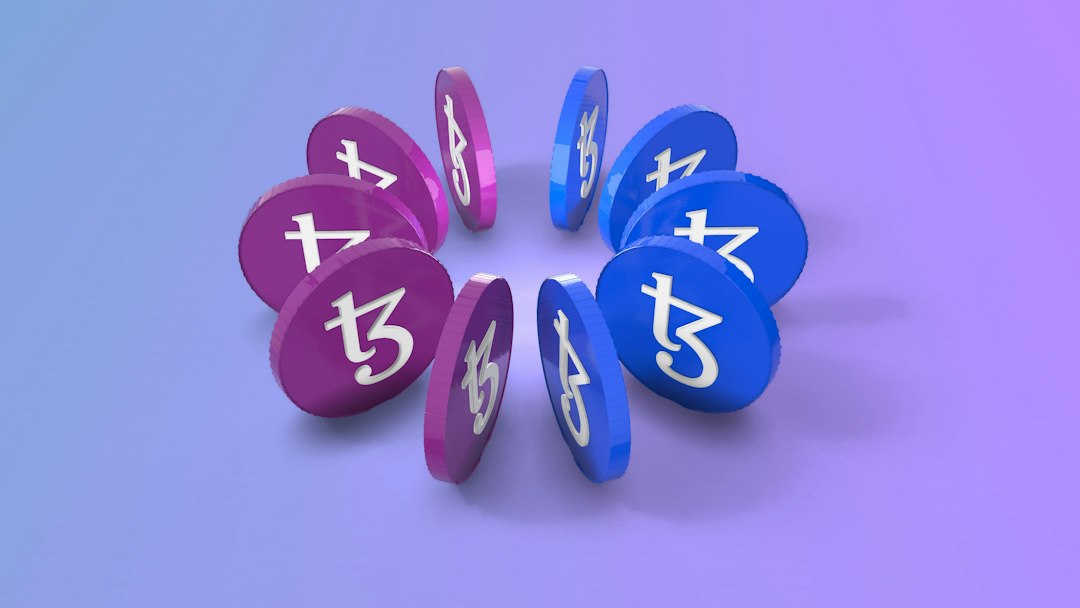The U.S. Government’s Interest in Tornado Cash
The Treasury and Defense Departments are working to stop North Korean hackers, but their efforts have yielded little results. Two recent stories shed light on the U.S. government’s interest in Tornado Cash:
- The Romans, developers of Tornado Cash, have been charged with crypto crimes and are caught up in a larger geopolitical conflict between the U.S. and North Korea.
- The Department of Justice’s indictment states that Tornado Cash helped launder “hundreds of millions” of dollars for North Korea’s Lazarus Group.
- The prosecution of the developers is meant to showcase the U.S. going after an international pariah, but it may not be the most effective approach.
- Tornado Cash’s code will continue to function and launder funds regardless of the legal action taken against the developers.
- The developers’ intentions were likely focused on privacy, rather than aiding money laundering for North Korea.
The Twisting Logic of Shutting Down Systems
The U.S. government’s attempts to shut down systems like Tornado Cash raise concerns:
- There are legitimate First Amendment rights protecting developers who write code.
- Privacy is a legitimate need in the world, and not every transaction passing through a mixer should be labeled as “laundered.”
- The government’s approach may overlook the legitimate uses of blockchain and the reasons for desiring anonymity.
- Even if systems like Tornado Cash pose national security risks, sacrificing liberty for security is not the answer.
Hot Take
The U.S. government’s actions against Tornado Cash and its developers may be more about sending a message to international pariahs than actually addressing the issue effectively. While concerns over privacy and national security exist, shutting down systems and prosecuting developers may not be the best solution. The need for legitimate privacy and the protection of developers’ rights should be carefully considered in these cases.





 By
By
 By
By
 By
By
 By
By
